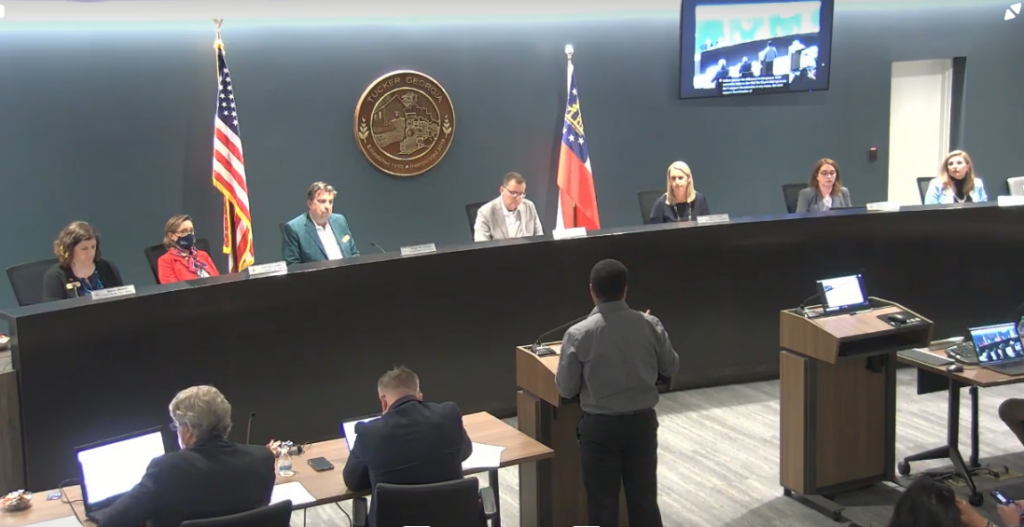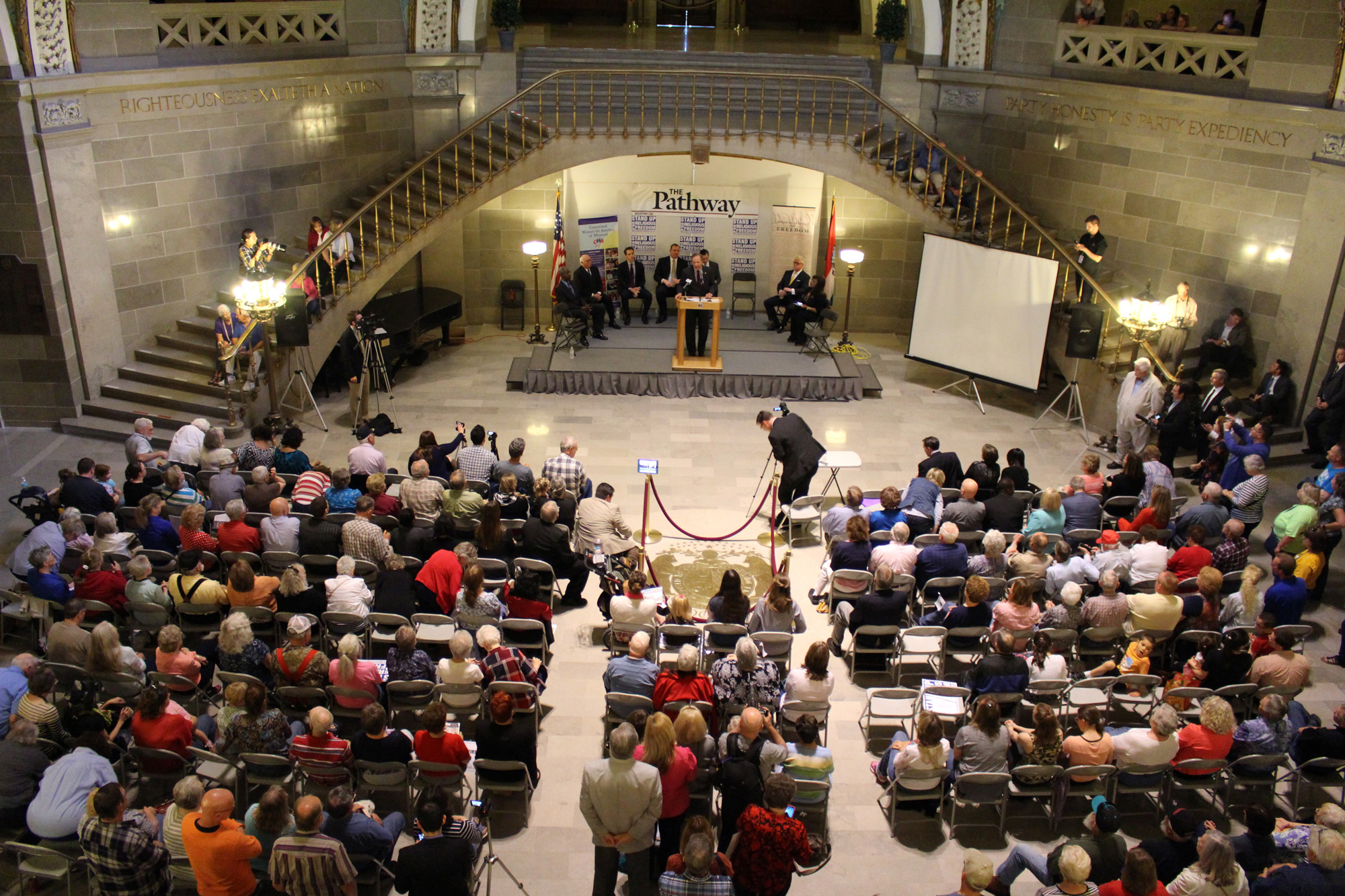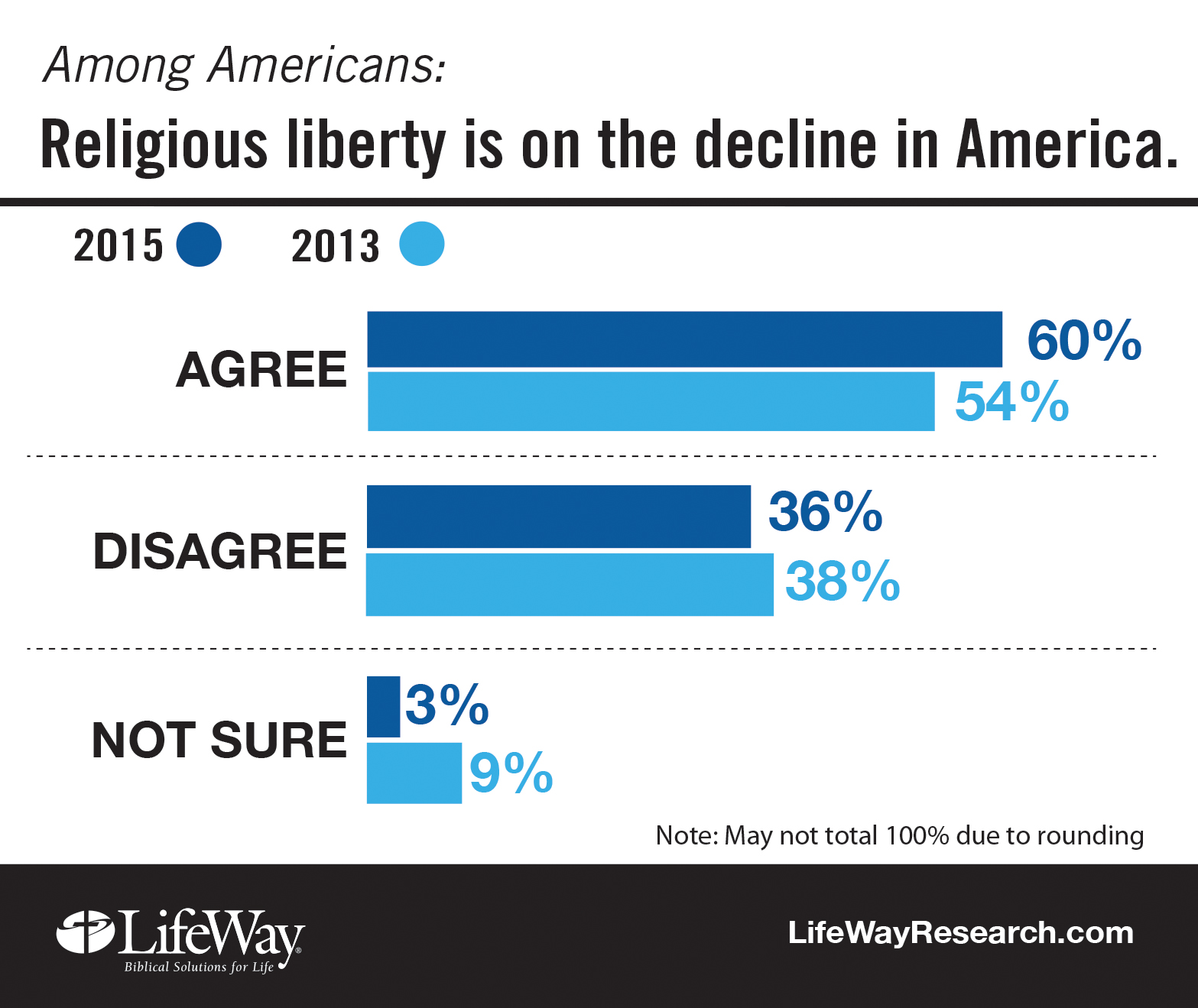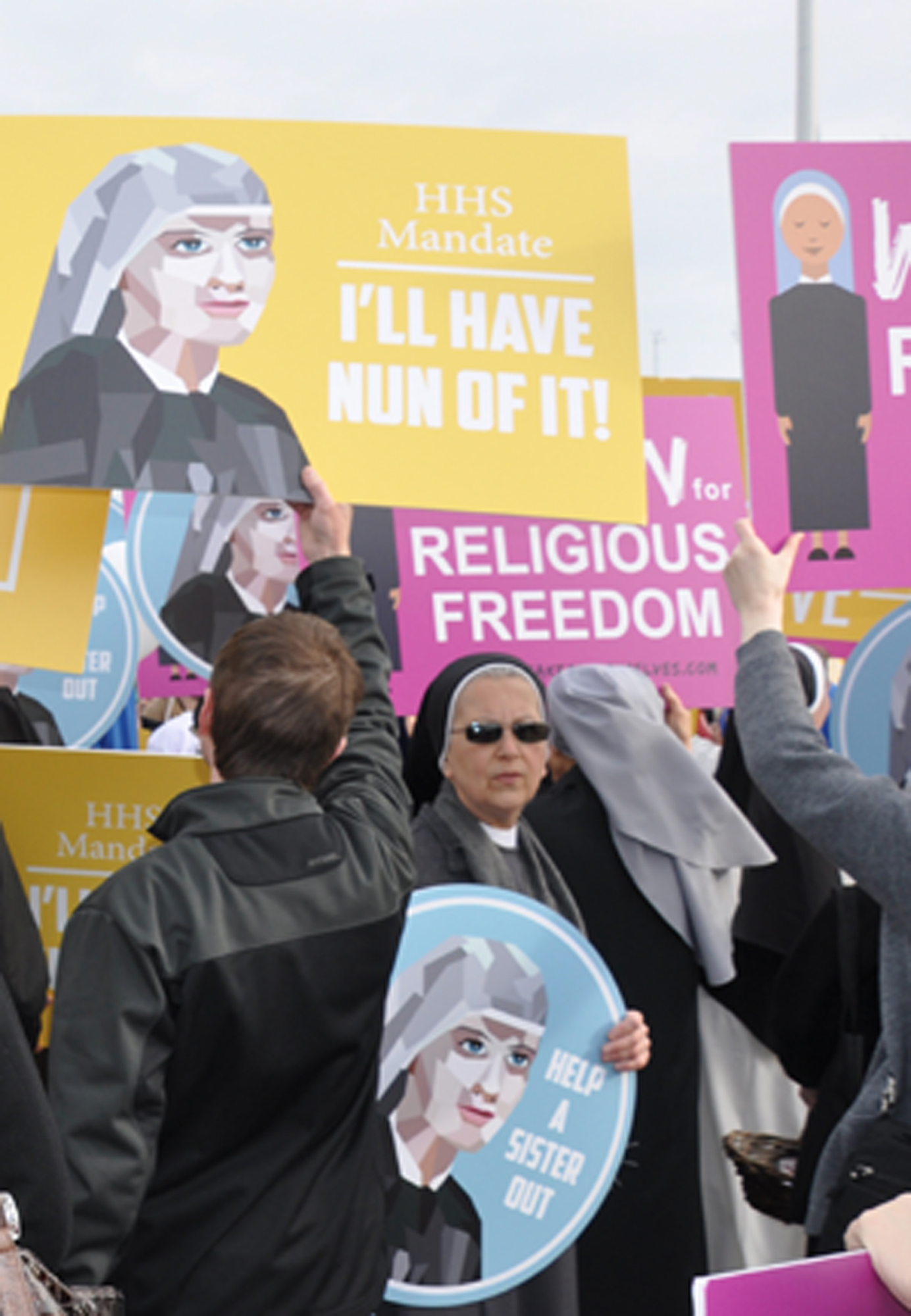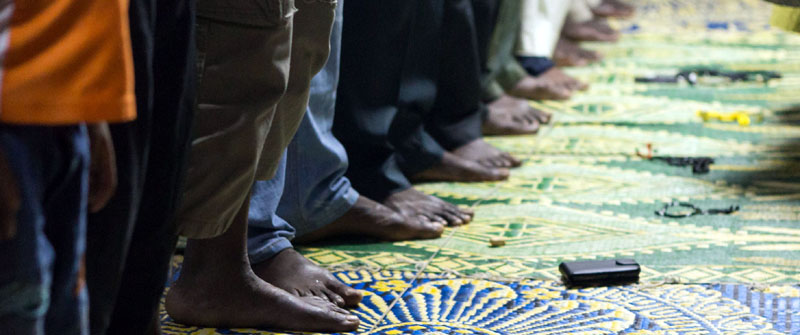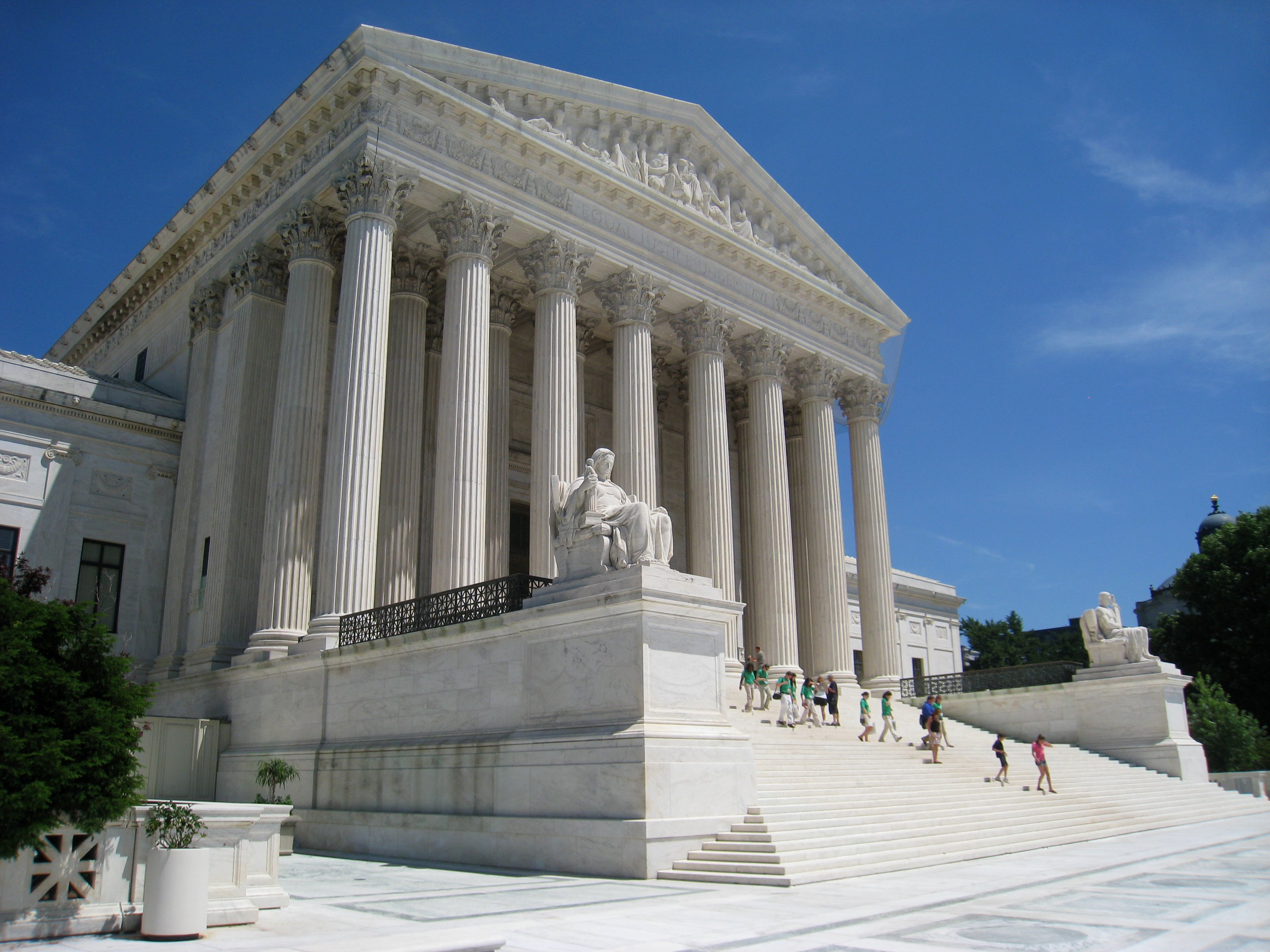
TUCKER, Ga. (BP) – The passage of a nondiscrimination ordinance (NDO) in this city outside of Atlanta should be a warning for churches and all concerned about religious liberty, says a Southern Baptist pastor active in opposing the measure.
The new city ordinance takes effect July 12 and received support from many pro-LGBTQ+ groups such as Georgia Equality. It prohibits “unlawful discrimination” based on several factors including “actual or perceived sex, sexual orientation [and] gender identity,” among others.
Mayor Frank Auman, who has questioned the need for the ordinance since it began to form a year ago out of an ad hoc group, was the lone dissenter in the 6-1 vote to pass.
In discussions over recent months, ordinance authors assured Rehoboth Baptist Church Senior Pastor Troy Bush that religious liberty exemptions were adequate.
He remains far from convinced.
“This ordinance does not represent a just and fair way forward for Tucker,” Bush told Baptist Press. “It negatively impacts religious organizations, people of faith and everyone who believes biological males should not be allowed to compete in girls’ and women’s sports and enter restrooms designated for girls and women.”
Tucker is the 15th municipality in Georgia – all but four in the metro Atlanta area – to pass such an ordinance.
The argument is used that no religious groups in those cities have yet to experience harm from previous NDO approvals. Bush compared such ordinances, however, to “something like minefields for every church and religious organization.”
“The fact that no harm has occurred today is no guarantee harm will not occur tomorrow, harm that violates the churches’ and religious organizations’ deeply-cherished beliefs and religious freedom,” he said.
Greg Baylor, senior counsel for Alliance Defending Freedom who is advising Bush, said plenty of precedents are available. The city of Anchorage, Alaska, targeted a Christian-operated women’s shelter when it wouldn’t admit a man who identified as a woman. Earlier this year a New York adoption agency – a setting where many battles have played out – won in court after the state tried to shut it down over its religious beliefs.
“We believe that everyone should be treated with dignity and respect. No one should be subject to unjust discrimination, no matter who they are,” Baylor told BP.
“The question is whether this ordinance advances that goal, and it does not. It ends up undermining the fundamental freedoms of so many people and harms the common good.”
Exemptions in the ordinance get murky when relating to a church’s hiring practices for roles that may be considered non-ministry-related.
“There is a question about the ability to hire people who share their religious convictions, both theological and behavioral,” Baylor said. “Religious organizations can be deemed to be places of public accommodation under this ordinance. If they are, they could face all the requirements imposed upon such entities, including the obligation to allow men who identify as women into private spaces set aside for women and girls.
“The government should not be in the business of deciding who is a religious employee and who is not.”
Bush appreciates the opportunity to have spoken with City Council members over the ordinance and the fact that some changes were made.
“Nonetheless, the ordinance, as currently written, will negatively impact religious organizations and others in Tucker,” he said.
Tucker’s citizens, he noted, were already protected by a number of existing federal and state laws including Titles II and VII of the Civil Rights Acts of 1964, the Fair Housing Act of 1968, the Age Discrimination in Employment Act of 1967, the Americans with Disabilities Act of 1990, the Georgia Equal Pay Act, the Georgia Age Discrimination Act and the Georgia Fair Housing Act.
“The law should acknowledge and respect the God-given freedom of individuals and organizations to live out their religious convictions without undue government interference,” Bush said. “The proposed NDO fails to do either. It also will require giving men access to women’s private spaces and sports teams; this is unsafe and unfair. It will compel creative professionals who serve everyone to create custom expression that violates their deeply-held beliefs.
“Because the harm the proposed ordinance will inflict far exceeds whatever good it might bring about, we oppose it in its current form.”
Opposition to the ordinance has come from conservative evangelical churches as well as a local mosque and a dozen religious organizations and religious leaders, Bush said. Civic and business leaders have expressed concerns as did several residents when they took to the microphone at the June 12 meeting.
Baylor encourages churches to become educated and contact the ADF should news break that a similar ordinance is under consideration for their town.
“There are many existing laws that prevent discrimination in various contexts, both federal and state,” he said. “So, it’s reasonable to ask, ‘What is the purpose in this? What is the problem we’re trying to fix?’
“I’m not suggesting that discrimination doesn’t happen, but I think the burden of proof is on those who would favor these ordinances to justify why they need to be adopted.”
